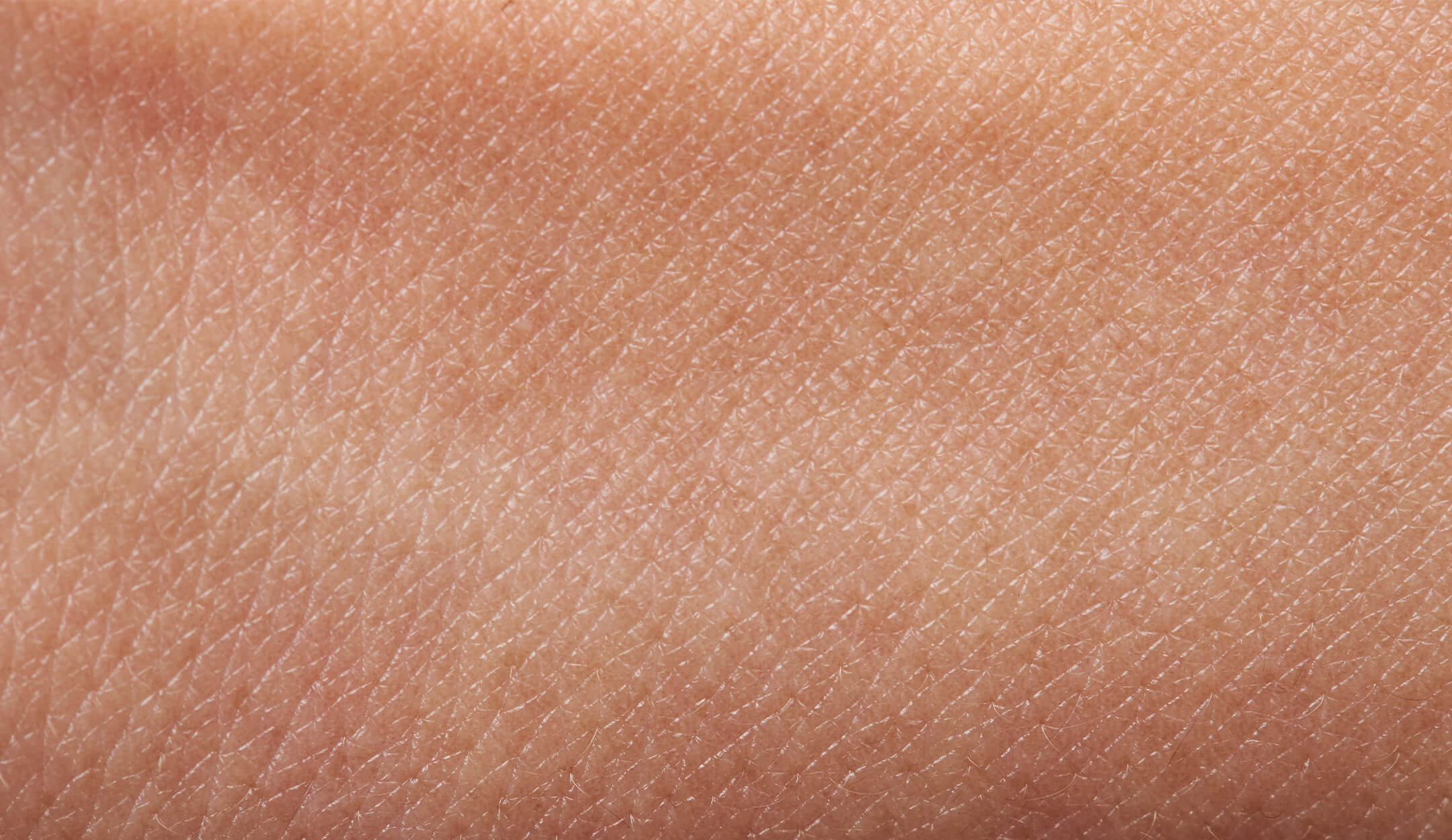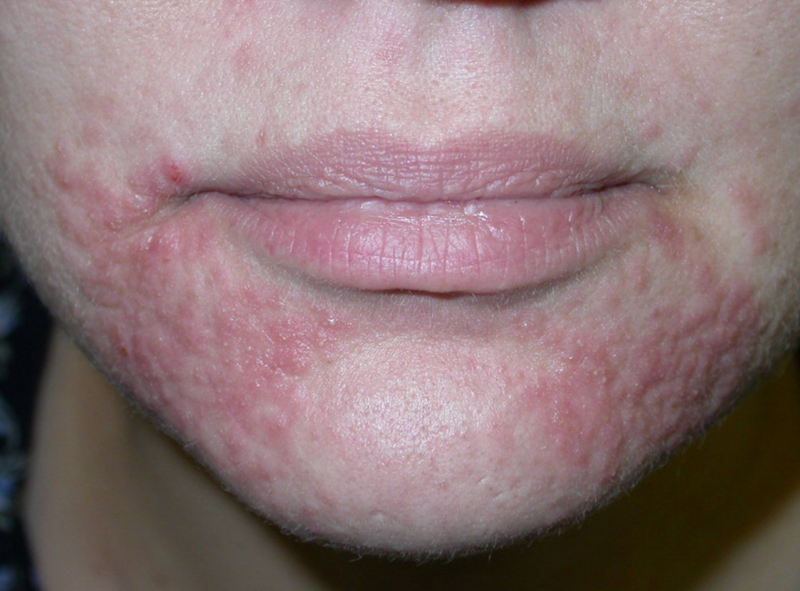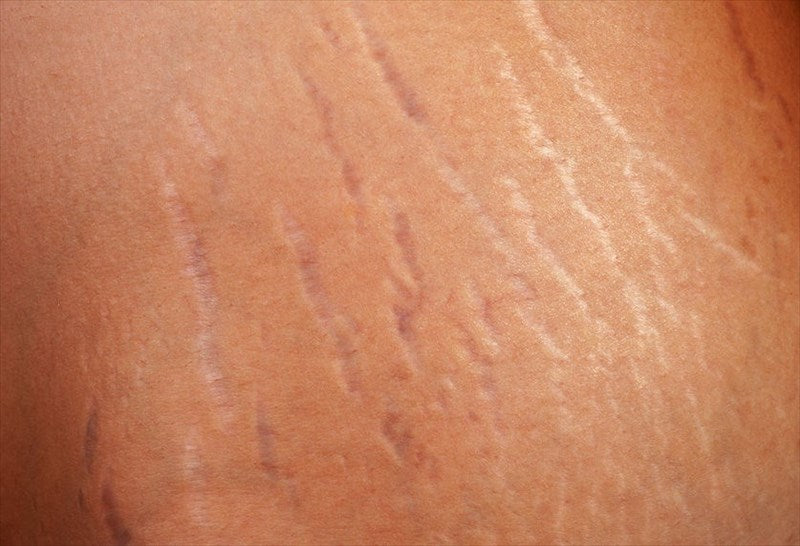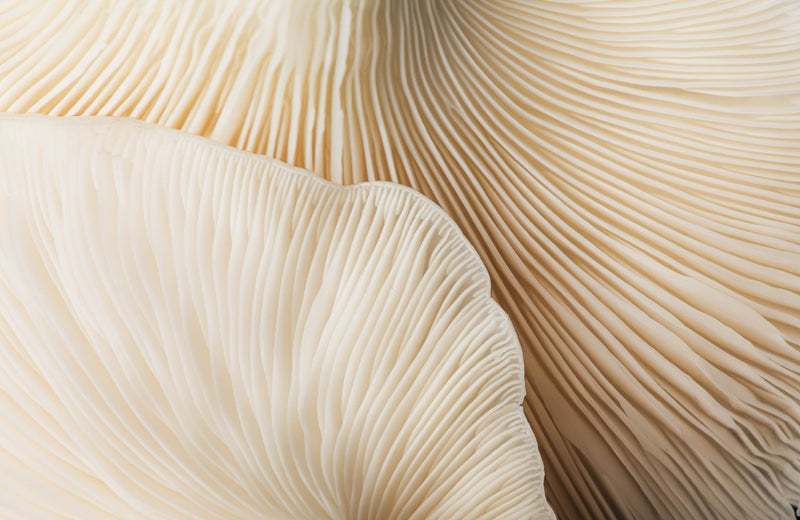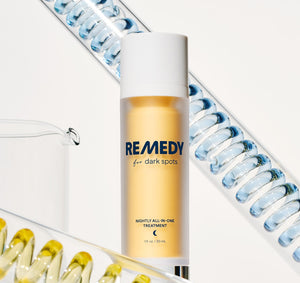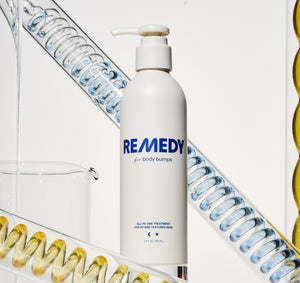No, having acne does not necessarily mean that you are not cleaning your face enough.
Acne is a common skin condition and can be caused by a variety of factors, including hormones, genetics, stress, diet and lifestyle. While it is important to maintain good hygiene habits in order to keep your skin healthy and reduce the risk of breakouts, acne is not necessarily caused by having dirty skin. In fact, over-cleansing your face can worsen breakouts by irritating and drying out the skin. Instead of focusing on scrubbing away dirt and grime, it is best to find an acne cleanser that targets the root cause of acne. And don’t forget to follow up with a moisturizer!
Key ingredients to look for in an acne cleanser:
- Salicylic acid
- Benzoyl peroxide (4% for the face)
- Sulfur
